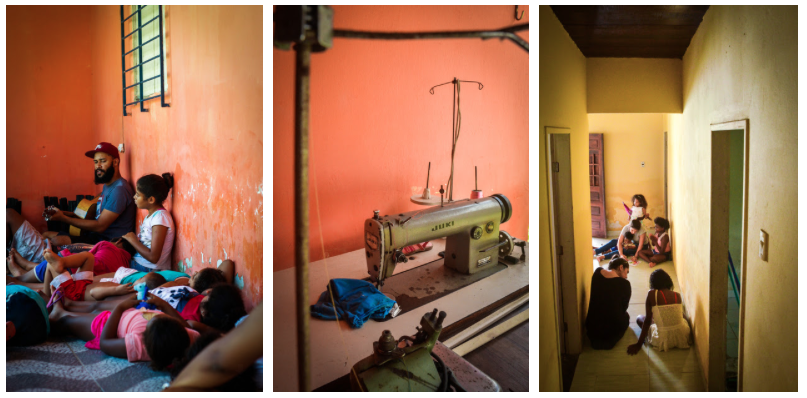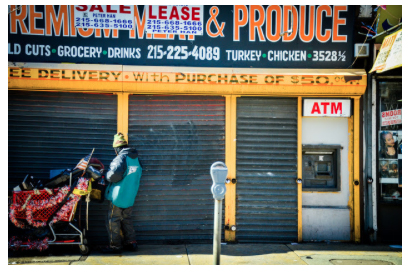
In 2012 we drove 6 days across the interior of Brazil and, accidentally, moved into a slum here in Recife. Your primary area of influence is generally the places where you spend most of your time. The truth about caring for the poor in another country, is that it is not so different from caring for your next door neighbor back home; even when it is inconvenient, messy, and at times dangerous (like all relationships can be). Often I think that’s the illusion of missions, the distance makes familiar experiences feel exotic. But this has been our simple journey in Brazil from the start – love your neighbor. As the years passed we gradually moved our base further from the slum, but much of our time, relationships and work still revolved around that community. The couple who began and later led the ministry in the fevelas were two American’s named Luke and Alisan. They themselves, had 3 children under 12 and would take walks into the fevela everyday together. Gradually the kids began introducing these gringos to their parents and relationships with various families evolved into weekly home visits. Every Monday night Luke would drive down the dirt roads and load the kombi with 30 plus kids who were waiting to come back to our base for church. They constantly had people in and out of their family’s home, spending the night when they needed a safe place, eating dinner when they had no food. Luke and Alisan modeled what it is to give yourself for your community. It is now five years later and to say that things have changed would be an understatement. This January we bought a house and opened a drop in center less than a quarter mile from where we first lived in 2012. It is in the heart of the fevela. Every Thursday morning and Friday night we have worship there, followed by a game day on Saturday. Children growing up in the slums are primary targets for pimps recruiting into the sex trade, or runners for drug traffic. Many boys join gangs for protection growing up in the violence of these areas, and most families are single mother homes without basic resources. Our desire is to fill the drop in center with education and activities to counteract these other influences. We are dreaming over each room – dance studios, health classes, mentoring offices. This is the next level of prevention and cultural change in our neighborhood.

Six years later, Luke and Alisan have turned leadership of the fevela ministry here in Brazil over to a Brazilian couple and moved to Pennsylvania where they are currently planting a new Shores base. In the same way they did here in Recife, they are currently opening their home to the children and families of Philladelphia. For me personally, to see the beginnings of this project are especially sweet, as I have worked for several social services agencies in that area over the past 10 years. We are overwhelmed by the joy of being invested in neighborhoods where wealth is measured not by money, but by the relationships we guard. Poverty is much more a state of mind than a state of being, and day by day we are clinging to the reality that people are worth far more than anything else in life – no matter what continent you call home.